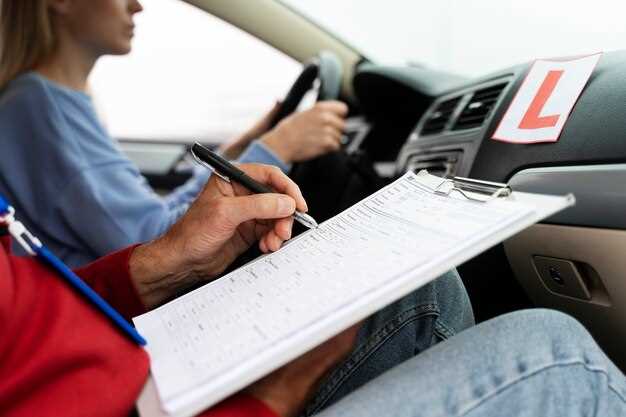
What paperwork you need to sell a car

When it comes to the sale of your vehicle, having the right documents in place is crucial for a smooth transaction. Without proper paperwork, the entire process can become complex and time-consuming, leading to potential legal issues or financial loss. Understanding what is needed for a successful transfer of ownership is essential for both the seller and the buyer.
Before listing your car for sale, gather all necessary documents such as the title, bill of sale, and any maintenance records. The title is particularly important as it proves your ownership and will be required for the transfer of the vehicle to the new owner. Additionally, being prepared with documents that outline the car’s history can enhance buyer confidence and streamline the selling process.
It’s also important to check the specific requirements of your state or country, as regulations regarding vehicle sale and ownership transfer can vary significantly. Some areas may require additional paperwork, such as emissions certification or a release of liability. Ensuring you have all the right documents will not only facilitate a smooth transaction but also protect you against potential disputes down the line.
Understanding the Title Transfer Process
When selling your car, one of the most critical steps is the title transfer process. This procedure ensures that the ownership of the vehicle is legally passed from the seller to the buyer. Here’s what you need to know about the title transfer and the necessary documents involved.
The title of a car is a legal document that signifies ownership. It contains essential information such as the vehicle’s identification number (VIN), make, model, and the owner’s details. To successfully transfer the title, follow these steps:
- Gather Required Documents:
- Current vehicle title
- Bill of sale (in some states)
- Odometer disclosure statement (if applicable)
- Identification (e.g., driver’s license)
- Complete the Title:
Both the seller and buyer need to fill out the title. This usually includes signing the title and filling in the buyer’s information. Ensure all details are accurate to avoid complications.
- Submit the Title Transfer Application:
Once the title is completed, the buyer may need to submit it to their local Department of Motor Vehicles (DMV) or equivalent agency, along with any required fees.
- Cancel Your Insurance:
After the transfer is complete, remember to cancel your insurance to avoid further charges. The new owner will need to get their own coverage.
Understanding the title transfer process helps ensure a smooth transaction. Always verify specific requirements for your state, as they may vary.
Required Sale Documents and Their Importance

When selling a car, having the correct documents is essential for a smooth transfer of ownership. These sale documents not only protect the interests of both the buyer and seller but also comply with legal requirements in most jurisdictions.
One of the most critical documents is the vehicle title. This document serves as proof of ownership and must be signed over to the buyer during the transaction. Without this, the transfer of ownership cannot be legally completed, which can lead to potential disputes.
Additionally, a bill of sale is highly recommended. This document outlines the sale details, including the vehicle identification number (VIN), sale price, and the date of the transaction. It acts as a contract between the parties and provides legal protection should any issues arise post-sale.
Other documents may include a release of liability form, which notifies the state that you are no longer responsible for the vehicle, and maintenance records, which may enhance the vehicle’s appeal to potential buyers. These documents collectively ensure that the transfer of ownership is legitimate and transparent.
In summary, having the proper documents is crucial for facilitating a successful car sale. They help establish ownership, protect both parties, and ensure compliance with local laws, making the entire process more efficient and secure.
Tips for Completing Paperwork Smoothly

To ensure a seamless process when selling your car, it is essential to gather all necessary documents in advance. Start by securing the vehicle title, which proves ownership and is a critical piece of paperwork for the sale. Verify that all information on the title is accurate and matches your details.
Prepare a bill of sale that includes the buyer’s and seller’s names, vehicle identification number (VIN), purchase price, and date of sale. This document acts as a receipt and protects both parties in the transaction.
Check if additional documents are required by your state, such as a vehicle inspection report or emissions test certification. Having these ready will minimize delays and demonstrate your commitment to a transparent sale.
Consider providing a maintenance history and any warranties that may still be valid. This not only enhances trust but can also facilitate a smoother negotiation process.
When finalizing the paperwork, ensure all signatures are completed and clearly visible. Double-check that both parties retain copies of all signed documents for their records, as this can prevent future disputes.
By staying organized and proactive in managing the required paperwork, you can significantly streamline the process of selling your car.